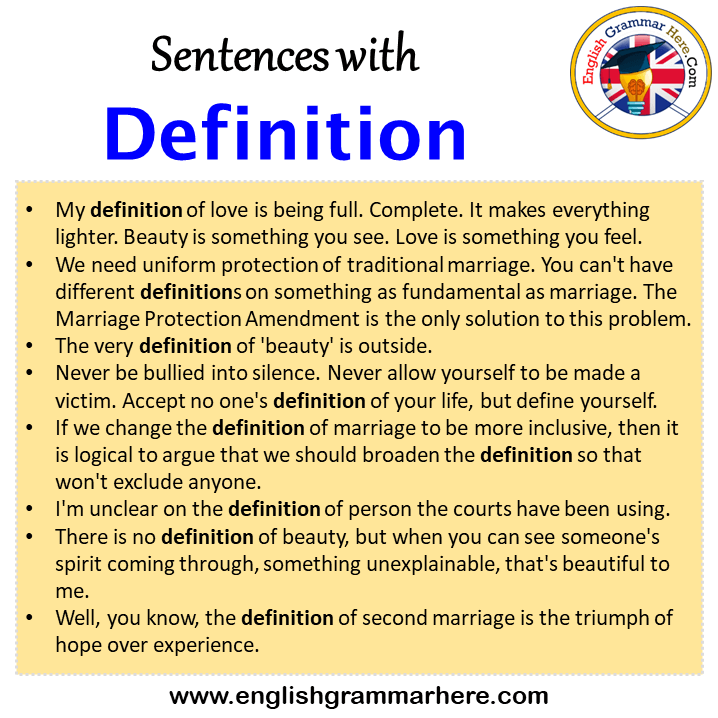What the Bible Teaches About Politics and Voting: Guidance for Faithful Citizenship
Introduction: Faith, Politics, and Civic Responsibility
The question of how believers should approach politics and voting is as relevant today as ever. The Bible, while written in contexts different from modern democracies, offers enduring principles for civic engagement. It encourages believers to act with integrity, discernment, and a spirit of service when participating in societal affairs, including voting and political involvement [1] . This article explores what scripture teaches about politics and voting, providing actionable guidance for making informed, faith-focused decisions.
Biblical Foundations for Civic Engagement
Several passages in the Bible address the relationship between believers and government. One of the most frequently cited is Romans 13:1-2: “Let everyone be subject to the governing authorities, for there is no authority except that which God has established” [1] . This affirms the legitimacy of civil government as part of God’s order, even when leaders may not share our beliefs. Similarly, 1 Peter 2:13-17 urges believers to submit to authorities for the Lord’s sake, acting as good citizens and setting an example of respect and honor [2] .
While the Bible does not mention voting directly-since ancient Israel and the early church were not democracies-it emphasizes
seeking justice, loving mercy, and walking humbly with God
(Micah 6:8) as a moral foundation for all decisions, including political ones
[5]
. This means that voting is not just a right but a responsibility to promote godly values and seek the common good.
Principles for Voting According to the Bible
The Bible offers clear guidance on the attitudes and priorities believers should bring to voting:
-
Discernment and Wisdom:
Proverbs 14:34 states, “Righteousness exalts a nation, but sin is a reproach to any people” [1] . Christians are encouraged to vote for leaders and policies that reflect righteousness, justice, and compassion. -
Prayerful Consideration:
Believers are called to pray for those in authority (1 Timothy 2:1-2) and to seek God’s guidance when making civic choices. Before voting, take time in prayer to ask for wisdom, clarity, and peace [4] . -
Aligning with Biblical Values:
Examine candidates and issues through the lens of Scripture, prioritizing values such as justice, integrity, and the protection of the vulnerable [3] . Avoid being swayed solely by party allegiance or popular opinion. -
Respect for Authority:
Even if leaders are imperfect or policies are flawed, believers are urged to respect the office and contribute positively to society, trusting God’s ultimate sovereignty [5] .
Practical Steps for Faithful Voting
To apply biblical principles to the voting process, consider the following actionable steps:
-
Educate Yourself:
Research candidates, ballot measures, and political platforms. Refer to trusted, nonpartisan sources and compare their values with scriptural teaching. Many local and national organizations provide voter guides; look for those that clearly state their sources and values. -
Examine Character and Policies:
Evaluate both the personal integrity of candidates and the likely impact of their policies. The Bible places high value on honesty, justice, and stewardship. Ask whether each option promotes the welfare of all citizens, especially the marginalized [3] . -
Pray for Guidance:
Take time to pray before voting. Ask for discernment and the ability to vote in a way that honors God and serves your community. -
Engage Respectfully:
Discuss political issues with humility and grace. Avoid divisive or hateful rhetoric. Remember Philippians 3:20: “Our citizenship is in heaven,” reminding us to keep eternal perspective even as we engage in earthly affairs [5] . -
Participate in Elections:
If you are eligible, make sure you are registered to vote. In the U.S., you can check your registration status and polling location by visiting your state or county election office website or searching “[your state] voter registration.” If you need help, contact your county board of elections for step-by-step instructions.
Case Study: Biblical Citizenship in Action
Consider the example of Christians in the early church who influenced their communities through acts of service, advocacy for the poor, and steadfastness under unjust rulers. While they did not vote in modern elections, their commitment to justice and mercy transformed societies over time. Today, believers can do the same by engaging thoughtfully in civic life, advocating for policies that protect human dignity, and voting for leaders who demonstrate integrity and compassion [2] .
Challenges and Solutions for Christians in Politics
Engaging in political life can be challenging. Believers may face pressure to conform to party lines or to disengage entirely out of frustration or fear. The Bible encourages steadfastness, humility, and the pursuit of peace. If you feel overwhelmed, remember that your ultimate allegiance is to Christ, not to any political figure or party (Matthew 6:33: “Seek first the kingdom of God and his righteousness”) [3] . If you are unsure how to vote, seek counsel from wise, mature believers and use resources from established faith organizations.

Source: morethanuseless.com
Alternative Approaches to Civic Engagement
Voting is just one way to influence society. Christians are also called to:
-
Advocate for justice
by supporting causes and organizations that align with biblical values. -
Serve in leadership roles
in government, school boards, or community organizations to model integrity and compassion. -
Pray regularly
for leaders at all levels, regardless of their political affiliation. -
Engage in respectful dialogue
with people of differing views to promote understanding and peace.
Each of these actions demonstrates a commitment to faithful citizenship and reflects the biblical call to be “salt and light” in the world.
How to Access Reliable Resources for Faithful Voting
If you want to learn more about biblical perspectives on voting and politics, you can:

Source: pngtree.com
- Search for “Christian voter guides” from reputable organizations or denominations.
- Use official government websites (such as your state’s board of elections) to verify voter registration, polling locations, and ballot information. For example, the United States Election Assistance Commission provides guidance-search “U.S. Election Assistance Commission official website.”
- Consult your church or faith community for resources, teaching series, or discussion groups focused on civic engagement.
- Seek out books or articles from trusted Christian leaders and theologians who specialize in the intersection of faith and politics. Search for authors with a track record of biblical scholarship and balanced perspectives.
If you are unsure where to find reliable information, ask your pastor or church leadership for recommendations. They may be able to direct you to vetted resources or connect you with others who share your questions.
Conclusion: Living Out Biblical Citizenship
The Bible calls believers to live responsibly within their communities, seeking justice, mercy, and humility in all things-including politics and voting. While the process can be complex and sometimes contentious, Scripture provides a clear call to act with wisdom, prayer, and integrity. By approaching politics as an opportunity to serve God and neighbor, Christians can make a meaningful difference in their society.
References
- [1] Christianity.com (2023). Bible Verses about Voting and Electing Leaders.
- [2] Nelson University (2024). Should Christians Participate in Politics?
- [3] Trustworthy Word (2023). What Does the Bible Say about Voting and Politics?
- [4] BibleStudyTools.com (2020). 20 Bible Verses About Voting.
- [5] MomLife Today (2024). 35 Great Bible Verses for Election Day Anxiety.
MORE FROM searchhole.com













